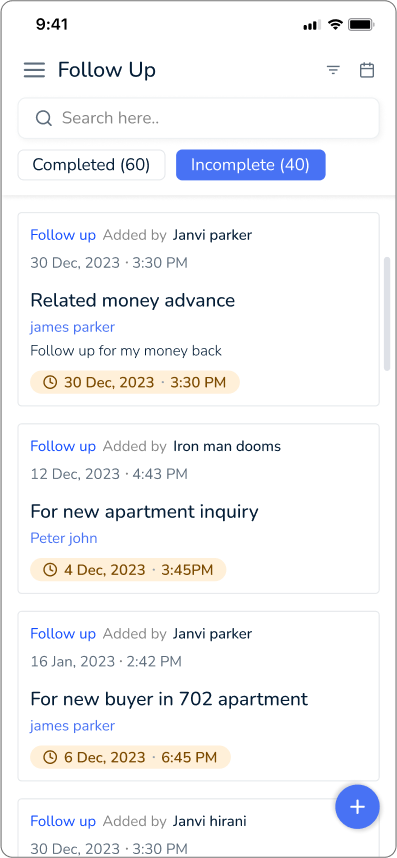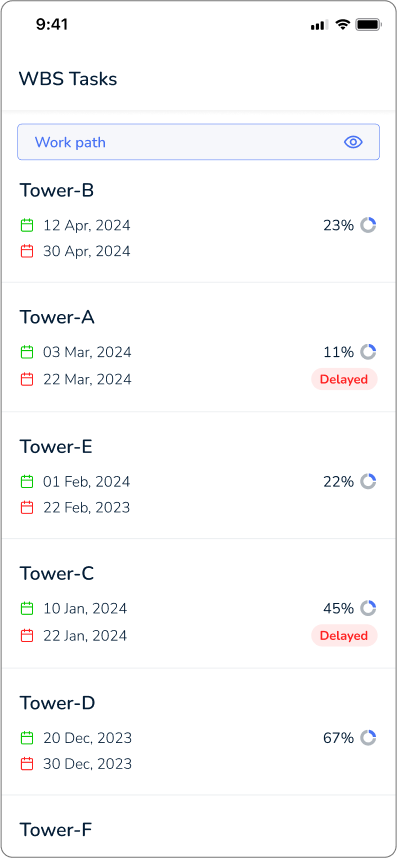

Enterprise Resource Planning (ERP) software has become an inseparable part of the construction industry. In recent years, ERP software has revolutionized the way businesses operate, and the construction industry is no exception. With its vast array of features and modules, the ERP system has become an invaluable tool for construction companies worldwide. One of the most critical modules is the inventory management module, which plays a crucial role in ensuring seamless operations and efficiency in the construction process.
Inventory management is a complex task in any industry, and construction is no different. The need to track and manage materials, tools, and equipment is paramount to the success of any construction project. This is where ERP software comes in, offering a comprehensive solution to effectively manage inventory.
The material management module provides real-time visibility into the status and location of materials, ensuring that construction companies have accurate and up-to-date information at their fingertips. This allows for better planning and tracking of inventory, reducing the risk of overstocking or stockouts. Furthermore, ERP software can automate various inventory-related tasks, such as reordering materials, generating purchase orders, and tracking supplier performance, saving both time and resources.
Benefits of Implementing ERP Software for Material Management in the Construction Industry
The best way to streamline material management is to leverage the software. Explore the numerous advantages of the material management module in ERP software for the construction industry. From enhanced productivity to cost savings, and improved customer satisfaction to streamlined supply chain management, let’s delve into how this module has become an indispensable part of construction project management.
Streamlined Procurement:
The material management system is what a construction company needs to streamline raw material procurement. ERP software has revolutionized the way the construction industry functions, seamlessly integrating various aspects of project management and improving overall efficiency. Among the myriad of features offered, the inventory management module stands out as an indispensable tool. This module allows construction companies to effortlessly track and manage their inventory in real-time, ensuring adequate stock levels, reducing wastage, and optimizing resource allocation. In this article, we will delve into the countless advantages that the inventory management module brings to the table, transforming construction businesses into well-oiled machines.
Cost Reduction:
You must be wondering how material management can lead to cost reduction. ERP software helps builders in tracking inventory levels at the site. It gives a complete overview of inventory including inventory, inventory used, and inventory wasted. Material management software plays a crucial role in reducing construction costs. With the help of ERP software, builders are able to effectively track inventory levels on site, allowing them to have a complete overview of the materials available, used, and wasted. This information enables better decision-making, ensuring that construction projects have the necessary materials without excess or wastage. By optimizing inventory management, construction companies can minimize the risk of overstocking or running out of materials, ultimately leading to cost reduction.
Enhanced Supplier Collaboration:
The best material management software is one that also offers supplier integration. Material management software with supplier integration is extremely helpful in enhancing supplier collaboration. It allows businesses to easily track and manage their inventory, as well as monitor the quantity and cost of materials ordered from each supplier. This software enables businesses to build stronger relationships with their suppliers by providing accurate and up-to-date information. With improved visibility and communication, businesses can make more informed decisions when it comes to purchasing materials, ultimately leading to cost savings and improved efficiency in their supply chain.
Improved Decision-Making
One of the main benefits of ERP software is it helps builders in better decision-making. Material management software, such as ERP, is incredibly beneficial in improving decision-making for builders. With this software, builders can make timely decisions about future material requirements. By being aware in advance of future material needs, builders can order the necessary materials for upcoming projects in advance. This not only helps streamline operations but also ensures that there are no delays or shortages in material availability, ultimately leading to improved project management and overall success.
Reduction in Human Errors:
More the automation, the lesser the human errors. An ERP solution plays a crucial role in reducing human errors in various tasks. One of the key benefits of using ERP software is automation, which helps in minimizing mistakes. Tasks such as financial calculations, generating PR/PO reports, creating GRN, and invoicing all can be automated using material management software. This reduces the chances of errors that can occur due to human judgment or oversight. With the software handling these tasks, organizations can have peace of mind knowing that important processes are being executed accurately and efficiently. Overall, ERP implementation plays a vital role in improving accuracy and reducing human errors in the day-to-day operations of a business.
Scalability
With this software, builders no longer have to involve themselves in micro-management, as it allows for the automation of many inventory and supply chain business operations. This means that employees can save their time and focus on more important tasks, such as strategic planning and decision-making. By streamlining material management, software enables businesses to efficiently handle increasing demands and growing operations. It provides real-time insights into inventory levels, allows for better coordination and collaboration with suppliers, and ultimately enhances productivity and performance.







